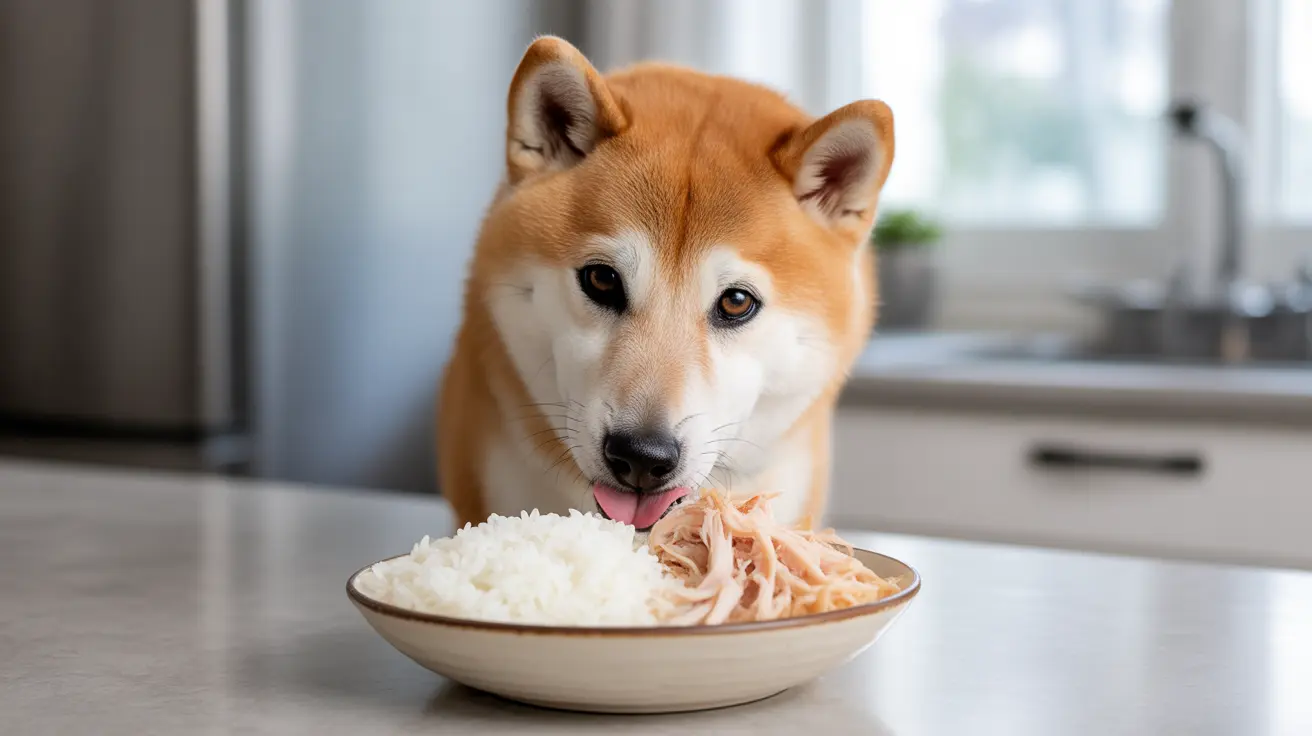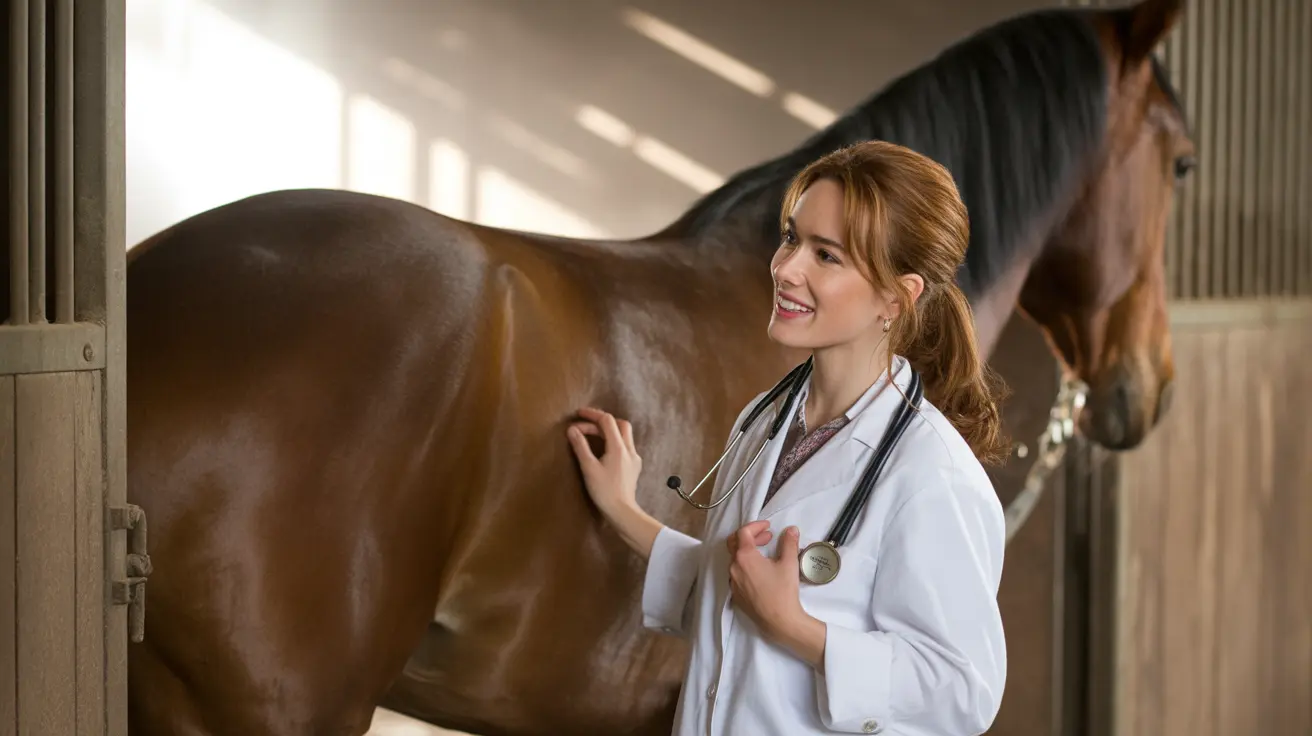Understanding Dietary Needs During Canine Diarrhea
When your dog experiences diarrhea, choosing the right food becomes crucial for their recovery. Proper nutrition can help restore normal bowel function while preventing dehydration and further digestive upset. This comprehensive guide will walk you through safe, effective dietary options and feeding strategies to help your furry friend recover.
Managing your dog's diet during a bout of diarrhea requires a careful balance between providing necessary nutrients and avoiding ingredients that could worsen the condition. The key is to focus on easily digestible, bland foods that can help firm up stools while supporting your dog's recovery.
The Initial Response: To Fast or Feed?
While traditional advice often suggested fasting dogs with diarrhea, modern veterinary guidance has evolved. For healthy adult dogs, a brief 12-hour fast may help rest the digestive system. However, puppies, senior dogs, and those with underlying health conditions should never be fasted without veterinary approval.
During any period of dietary adjustment, ensure your dog has constant access to fresh water to prevent dehydration, which can quickly become dangerous when combined with diarrhea.
Safe Food Options for Dogs with Diarrhea
The Basic Bland Diet
A properly prepared bland diet forms the cornerstone of dietary management for canine diarrhea. The most widely recommended combination includes:
- Plain boiled white rice (75% of the mixture)
- Lean boiled chicken or turkey (25% of the mixture)
- No seasonings, oils, or additives
Beneficial Supplements
Several supplements can support your dog's recovery when added carefully to their bland diet:
- Plain canned pumpkin (1-4 tablespoons depending on dog size)
- Boiled, peeled sweet potato
- Plain, cooked carrots
- Probiotic supplements specifically formulated for dogs
Proper Feeding Schedule and Portions
Start with small, frequent meals rather than large portions. A general guideline is:
- Offer meals every 4-6 hours
- Start with portions about 1/4 the size of their normal meal
- Gradually increase portion size as stools improve
- Continue for 2-3 days after stools return to normal
Transitioning Back to Regular Food
Once your dog's stools have been normal for 24-48 hours, begin the transition back to their regular diet. This process should take 5-7 days:
- Days 1-2: 75% bland diet, 25% regular food
- Days 3-4: 50% bland diet, 50% regular food
- Days 5-6: 25% bland diet, 75% regular food
- Day 7: 100% regular food
When to Seek Veterinary Care
While mild diarrhea often responds well to dietary management, certain signs warrant immediate veterinary attention:
- Diarrhea lasting more than 48 hours
- Blood in the stool
- Lethargy or weakness
- Vomiting
- Loss of appetite
- Signs of dehydration
Frequently Asked Questions
What should I feed my dog when it has diarrhea, and how long should I continue this diet?
Feed a bland diet of boiled white rice and lean meat for 2-3 days after stools return to normal, then gradually transition back to regular food over 5-7 days.
Can I give my dog probiotics while it has diarrhea, and how do they help?
Yes, dog-specific probiotics can help restore beneficial gut bacteria and support digestive health. Always use products specifically formulated for canines and follow dosing instructions carefully.
How long should I fast my dog if it has diarrhea, and what are the signs that indicate it's safe to reintroduce food?
If recommended by your vet, fast adult dogs for no more than 12 hours. Look for reduced frequency of diarrhea and improved stool consistency before reintroducing food.
What are the best bland diet recipes for dogs with diarrhea, and how should I introduce them?
The safest bland diet is boiled white rice mixed with lean boiled chicken or turkey (3:1 ratio). Start with small, frequent meals and gradually increase portions as stools improve.
How do I know if my dog's diarrhea is serious and requires veterinary attention instead of home remedies?
Seek immediate veterinary care if diarrhea persists beyond 48 hours, contains blood, or is accompanied by vomiting, lethargy, or signs of dehydration.
Conclusion
Managing your dog's diet during a bout of diarrhea requires patience and careful attention to their response to dietary changes. While mild cases often respond well to home dietary management, never hesitate to consult your veterinarian if symptoms worsen or persist. Remember that proper hydration and gradual food transitions are key to supporting your dog's recovery.






